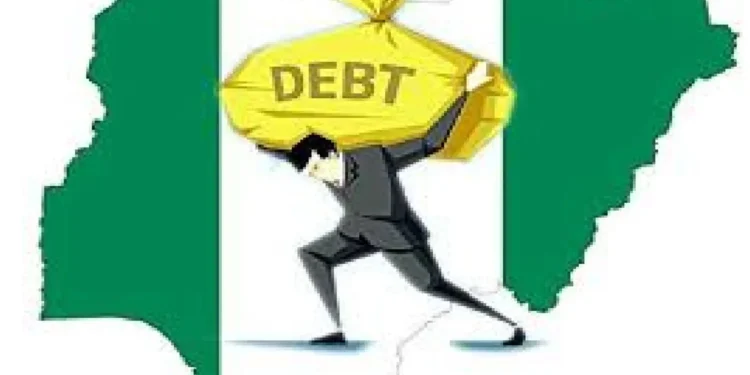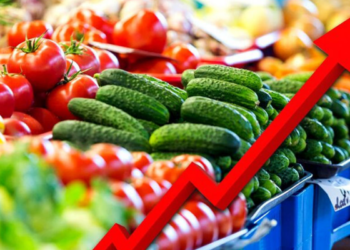The Federal Government of Nigeria owes the Nigerian National Petroleum Company Limited (NNPC) a significant debt of $4.9 billion (N7.8 trillion) for petrol subsidies, according to a recent report. This debt represents nearly half of the government’s projected revenue collection for the year, which is set at N19.4 trillion.
The petrol subsidy, initially removed by President Bola Tinubu in May 2023 as part of efforts to stabilize the country’s finances, was reintroduced in August of the same year. The reinstatement of the subsidy was aimed at mitigating the impact of inflation, which has surged to 33%, on the Nigerian populace.
NNPC’s Chief Financial Officer, Umar Ajiya, disclosed that the government’s debt to NNPC accrued over seven months, up to July 2024. The debt stems from NNPC’s role as the sole importer of petrol in Nigeria, where the company sells the product to marketers at a subsidized, below-market price to keep costs low for consumers.
In response to the mounting subsidy debt, Ajiya mentioned that the government has allowed NNPC to offset approximately N2.2 trillion of its own debt to the state against this subsidy liability.
NNPC, which recorded an annual profit of N3.3 trillion in 2023, up from N2.55 trillion the previous year, plans to invest $6.6 billion in its operations this year. This investment will be primarily funded through borrowing. The company is also optimistic about increasing crude oil and condensate production to two million barrels per day by the end of the year, up from the current average of 1.75 million barrels per day in August. This increase is expected to be supported by enhanced security measures aimed at reducing oil theft.
The ongoing subsidy and its financial implications underscore the challenges faced by Nigeria’s government in balancing the need to support its citizens against the pressures of fiscal sustainability. As the NNPC continues to bear the burden of fuel subsidies, the long-term impact on the nation’s economy and its energy sector remains a critical issue.











